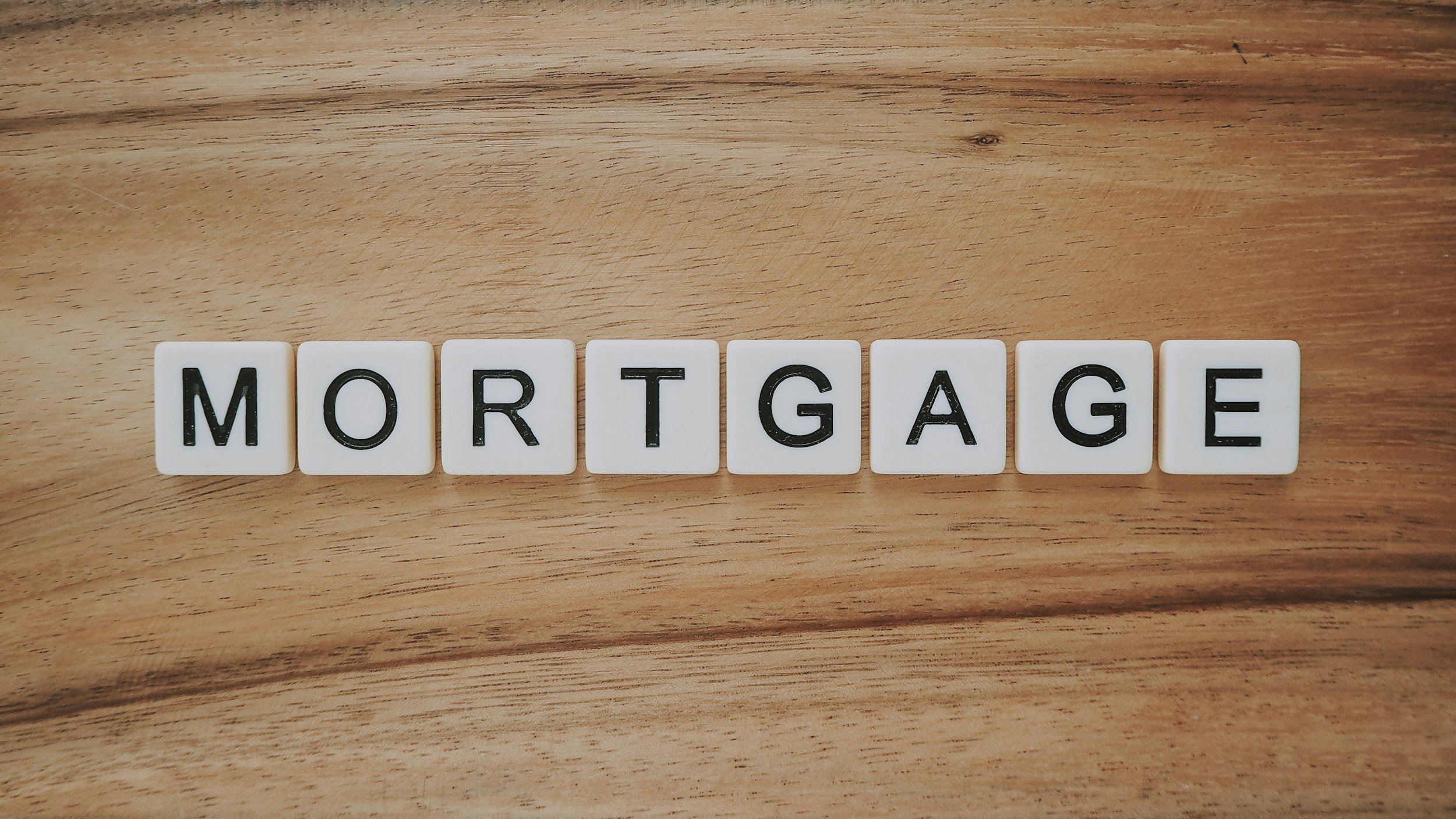Topics
- Accountants
- Apartments
- Auctions
- Bank Account Advice
- Bank Statement Tips
- Bitcoin
- Boarders
- Break Fees
- Budgeting Tips
- Building A Home
- Building Inspections
- Code of Compliance
- Compound Interest
- Construction
- Construction Mortgage
- Conveyancing
- Credit Cards and Lending
- Credit Limits and Lending
- Credit Reports
- Credit vs Student Loan
- Current Mortgage
- Deposit
- Deposit vs Income
- Divorce
- Financial Literacy
- Financial Preparation
- First Home Buyer
- Fixed vs Floating
- Flatmates
- Health and Finance
- Home Buyer
- Home Equity
- Home Safety
- Homeowner Tips
- Income Hurdles
- Inflation
- Interest Rates
- Joint Tenancy
- Kainga Ora First Home Loan
- KiwiSaver
- LIM Report
- Leasehold
- Lending Criteria
- Life Insurance Tips
- Loan Repayment Tips
- Loan-to-Value Ratio (LVR)
- Low Deposit Lending
- Member Tax Credit
- Mortgage Advice
- Mortgage Affordability

What’s the Minimum Deposit to Buy a House in NZ?
Wondering how much deposit you need to buy a house in New Zealand? Here's the 2025 guide to 5%, 10%, and 20% deposit options—and how to make yourself bank-ready.

What Happens to Your KiwiSaver When You Die?
Many Kiwis don’t realise that their KiwiSaver balance becomes part of their estate when they die. Learn how to ensure your funds are passed on according to your wishes, and avoid unnecessary delays for your loved ones.

Small Steps: Update Your KiwiSaver Contact Details
Have you moved house recently or changed your email address? Updating your KiwiSaver contact details might not be top of your to-do list, but it’s one of the simplest steps you can take towards keeping your retirement savings on track. This month’s Small Steps guide explains why it matters and how to get it sorted—fast.

Should I Pay Down My Mortgage or Contribute to KiwiSaver?
If you’ve got extra income, you might be wondering whether it’s better to reduce your mortgage or invest it into your KiwiSaver. The answer depends on your goals, timeframe, and financial situation. We break down the numbers, the risks, and the long-term implications so you can make the smartest decision for your future.

Pocket money into KiwiSaver – how to maximise compound interest
Could pocket money be more than just coins for snacks? By funnelling part of your child’s allowance into KiwiSaver, you can harness the power of compound interest to give them a serious head start for retirement. Here's how one family is doing it—and why starting early makes all the difference.

What to Do if Your KiwiSaver Drops Before Buying Your First Home
You’ve found the perfect first home, but there’s a problem—your KiwiSaver has taken a hit due to a dip in the market. Suddenly, the deposit you were relying on isn’t quite enough. Don’t panic. Here’s what to do when your KiwiSaver drops in value just as you’re about to buy, and how to protect yourself with a smart strategy moving forward.

New Build vs Existing Home: Which Should You Buy?
Torn between building new or buying existing? This guide compares the financial, practical, and strategic pros and cons of each option for both first home buyers and investors.

Preparing For Your Mortgage – Documentation
Getting a mortgage approved doesn’t have to be stressful. With the right documents prepared ahead of time, you can speed up the process and give the bank everything they need to say yes.

It’s OK If You Don’t Understand the KiwiSaver Member Tax Credit… Just Don’t Miss Out
The KiwiSaver Member Tax Credit is one of the simplest ways to boost your retirement or first home savings—yet many New Zealanders either don’t understand it or forget to take advantage. Here’s how it works, why it matters, and what to do before 30 June each year.

The Rule of 72: A Simple yet Powerful Financial Tool to Estimate Investment Growth
The Rule of 72 is a quick and simple tool to estimate how long it will take your money to double, based on a fixed return rate. Learn how it works and how to use it for savings, investing, and property.
